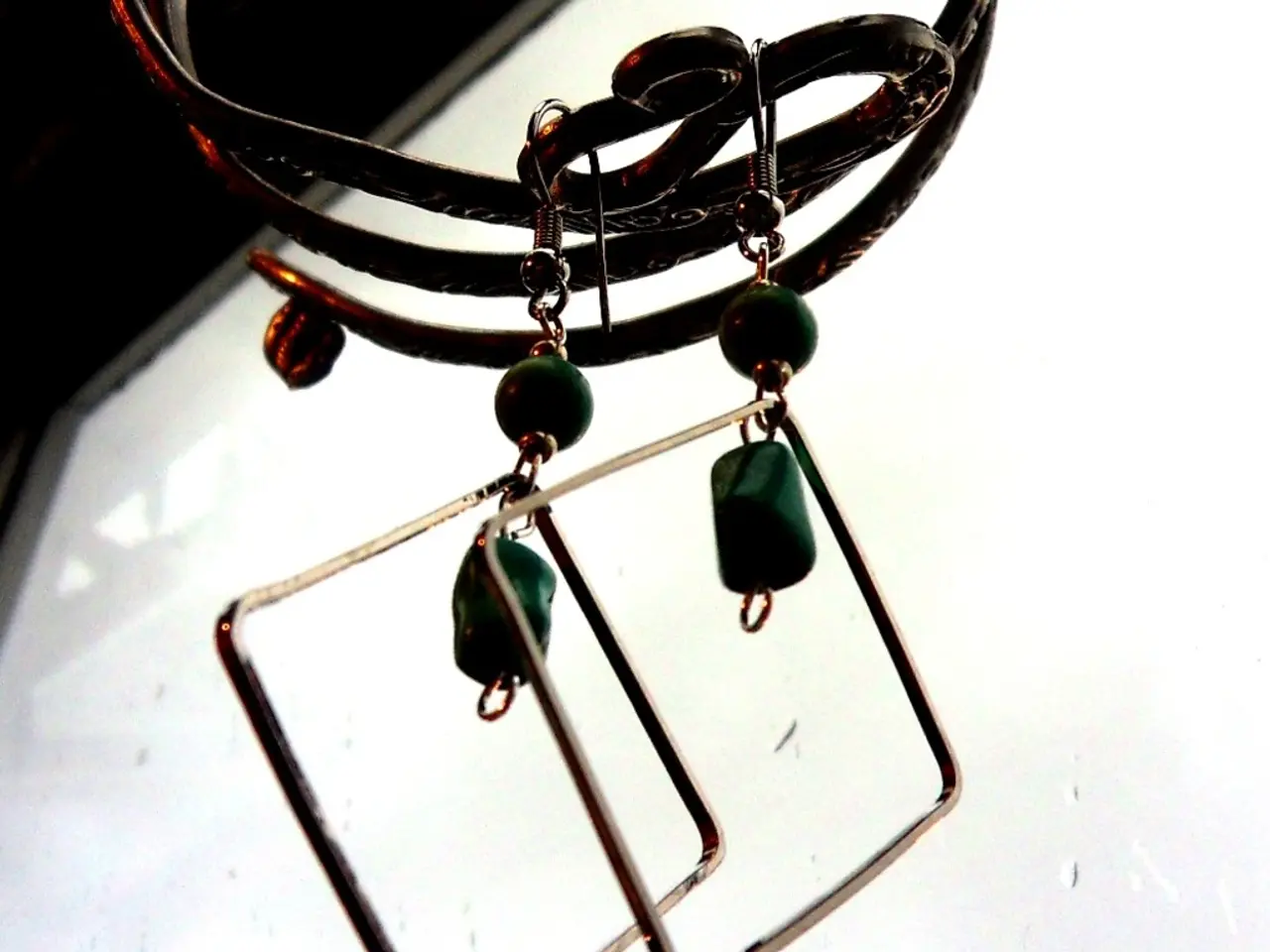Warning signs for possible hearing loss in yourself or a loved one - when should you consult an audiologist?
The Importance of Audiologists in Hearing and Balance Care
Audiologists are specialized healthcare professionals who play a crucial role in evaluating, diagnosing, and managing hearing and balance disorders for patients of all ages. From newborns to older adults, these professionals provide comprehensive care to help individuals improve their quality of life.
One of the key services audiologists offer is a comprehensive hearing assessment. By conducting detailed audiologic evaluations, they can detect hearing loss, identify vestibular (balance) disorders, and determine the type and severity of these issues.
Once a diagnosis is made, audiologists can recommend appropriate intervention options. This may include the fitting and management of hearing aids, cochlear implants, and assistive listening devices, tailored to each patient's unique needs.
Beyond device management, audiologists also provide rehabilitation counseling. This education and support covers various aspects of hearing loss management, including communication strategies, tinnitus management, and lip-reading. They also offer therapy for balance disorders, often in collaboration with physical therapists.
Audiologists work closely with a variety of healthcare professionals, including ENT specialists, speech therapists, neurologists, and physiotherapists, to coordinate comprehensive care plans. They also practice in diverse settings, such as hospitals, private clinics, schools, industrial environments, research institutions, and military/veteran healthcare facilities.
In addition to their diagnostic and treatment roles, audiologists also focus on preventive care. They implement hearing conservation programs in noisy work environments and, in some cases, provide telehealth services for remote diagnosis and management.
Untreated hearing loss can lead to social isolation, depression, and cognitive decline in older adults. By addressing hearing and balance issues early, audiologists help prevent these complications and improve their patients' overall well-being.
In summary, audiologists are essential healthcare professionals who specialize in the complete hearing and balance care pathway, from diagnosis through treatment and rehabilitation. Their goal is to help patients regain control of their lives, communicate effectively, and enjoy their daily activities once again.
[1] American Speech-Language-Hearing Association. (2021). What is an audiologist? Retrieved from https://www.asha.org/public/hearing/audiologist/
[2] British Society of Audiology. (2021). What does an audiologist do? Retrieved from https://www.thebsa.org.uk/what-is-an-audiologist
[3] National Institute on Deafness and Other Communication Disorders. (2021). What is an audiologist? Retrieved from https://www.nidcd.nih.gov/health/what-audiologist
[4] Academy of Doctors of Audiology. (2021). What is an audiologist? Retrieved from https://www.audiology.org/public/hearing-health/what-audiologist
[5] American Academy of Audiology. (2021). What is an audiologist? Retrieved from https://www.audiology.org/public/hearing-health/what-audiologist
- Audiologists, such as those specialized in Kentucky, offer comprehensive care for medical-conditions related to health and wellness, including hearing loss, balance disorders, and tinnitus management.
- Incorporating health-and-wellness strategies into their practice, audiologists advocate for fitness-and-exercise routines and mental-health awareness as part of their patient's holistic care.
- By collaborating with a network of healthcare professionals, audiologists can also provide environmental and scientific insights into how factors like noise pollution and ototoxic substances impact hearing health.
- Beyond their role in evaluating hearing and balance disorders, audiologists also engage in research and education, contributing to the advancement of science in the field of hearing care.
- As leaders in the health-and-wellness community, audiologists in Kentucky and across the nation strive to raise awareness about the importance of regular education regarding medical-conditions, fostering a healthier and more inclusive society for all.




